Uche Azubuike
The Maternal and Reproductive Health Collective (MRH Collective) recently launched MamaLink, a project testing the effectiveness of a technology-driven, community-led emergency care system for the people of Lagos State.
This system aims to improve access to life-saving emergency obstetric and new-born care for women in underserved communities across the state, while strengthening collaboration between General Hospitals, transport providers, and community stakeholders.
In order to achieve this, MRH Collective convened two high-level stakeholder meetings, first in Alimosho Local Government Area (LGA) on October 14, and second in Ikorodu on October 21, to introduce the project and build broad-based support.
Participants were key partners and decision-makers from the Lagos State Ministry of Health, general hospitals, local government authorities, National Union of Road Transport Workers (NURTW), and community representatives who came together to build collaboration and collective ownership of the project. According to the World Health Organisation (WHO), an estimated 79,500 Nigerian women died from childbirth-related causes in 2023, representing nearly 29 percent of global maternal deaths.
In response, MRH Collective developed the M.I.L.E.S. approach — Mapping, Identifying, Linking, Educating, and Supporting — a data-driven framework that underpins the MamaLink initiative and helps identify and support pregnant women in need of urgent care.
The pilot project in Alimosho LGA, one of Lagos’s most populous areas, will be implemented in partnership with Emergency Response Africa (ERA). The project will connect pregnant women in emergencies with transport providers, skilled health workers, and referral facilities through a coordinated triage system. At the Alimosho stakeholders meeting, Executive Director of MRH, Dr. Olajumoke Oke, emphasised the urgency of coordinated, data-driven interventions to tackle the maternal mortality crisis and save lives.
In her words: “Maternal mortality in Nigeria remains alarmingly high, accounting for nearly 29 percent of global maternal deaths. Through MamaLink, we aim to change that by ensuring pregnant women in emergencies are promptly transported and linked to the right care at the right time.”
Co-Principal Investigator on the MamaLink Project, Prof. Aduragbemi Banke-Thomas, highlighted the initiative’s core focus on improving health outcomes for mothers and babies.
“MamaLink is really about the pregnant woman and her baby, and this meeting with stakeholders is the first step toward ensuring accountability, ownership, and long-term system integration,” he said.
Representing the Lagos State Ministry of Health, Dr. Faith Oniyire, reaffirmed the government’s commitment to the initiative, noting its alignment with the state’s broader maternal health strategies. “We will incorporate the research findings from this study into policy. If this works in Alimosho, we can scale up the efforts across the state,” she said.
Hospital representatives also welcomed the initiative as a timely and much-needed effort.
Director of Clinical Services at Orile-Agege General Hospital, Dr. Odukomaiya Adesegun, described MamaLink as, “a laudable intervention” which will address one of the most critical gaps in maternal care — the delay between referral and hospital arrival. “Whether we like it or not, the time between when a patient is referred and when she gets to the hospital is crucial, as the outcome for both mother and baby often depends on that window. I fully embrace this project, and as a hospital, we are ready to support it in every possible way,” he said.
Dr. Adeshina, Head of Obstetrics and Gynaecology at Alimosho General Hospital and the Medical Director’s representative, noted that the initiative could significantly boost the inflow of emergency clients.
“I will discuss this with my subordinates and fellow consultants to get everyone on board. As this is a new initiative, we should brace up for more patients,” he stated.
The stakeholder engagement in Ikorodu focused on the research component of the MamaLink Project. While no intervention activities will take place there, MRH Collective will conduct data collection in General Hospitals within the area to assess emergency response gaps. The findings will be essential for evaluating the project’s effectiveness and inform system improvements across Lagos State.
Both stakeholder meetings concluded with renewed commitment from partners and stakeholders to strengthen the framework necessary to improve maternal and new-born outcomes in Lagos.
Azubuike writes from Lagos



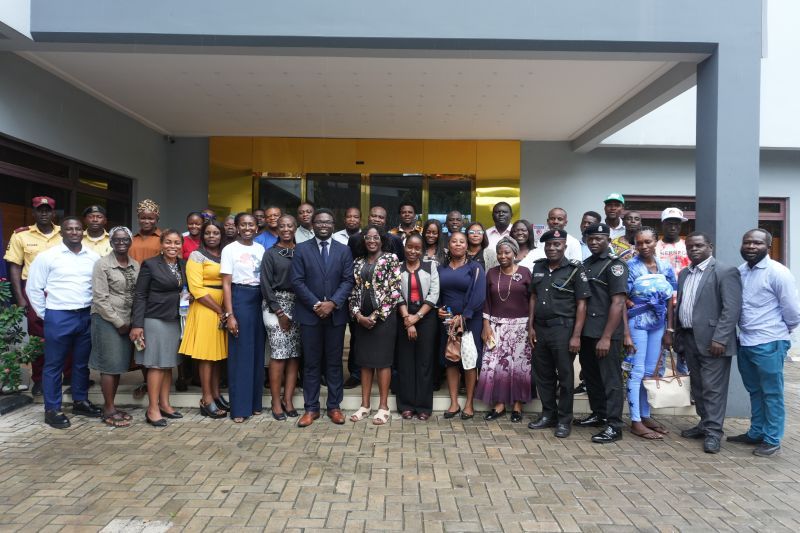


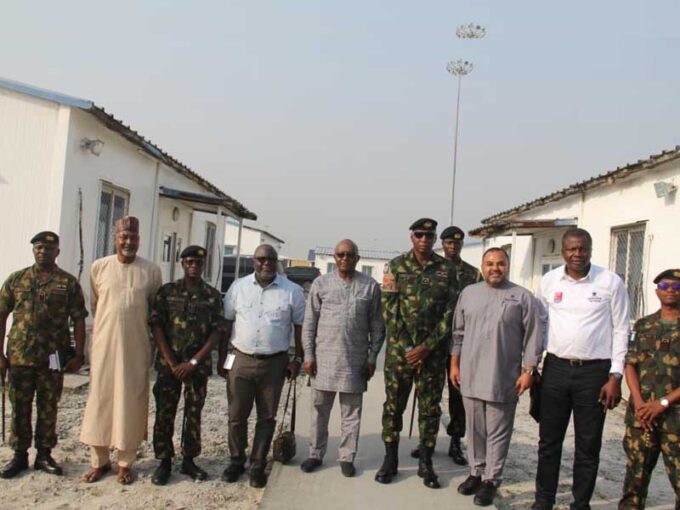

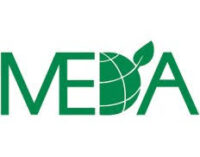
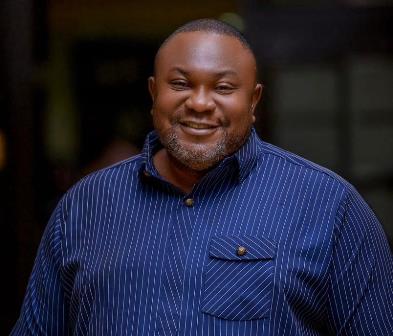
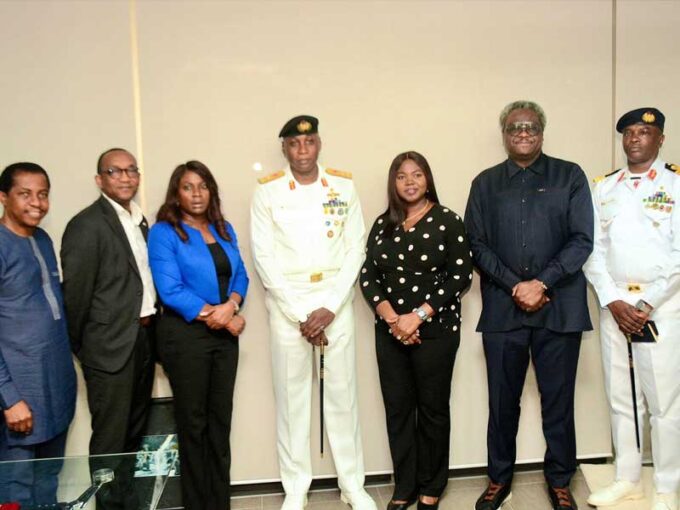
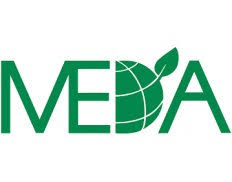





Leave a comment